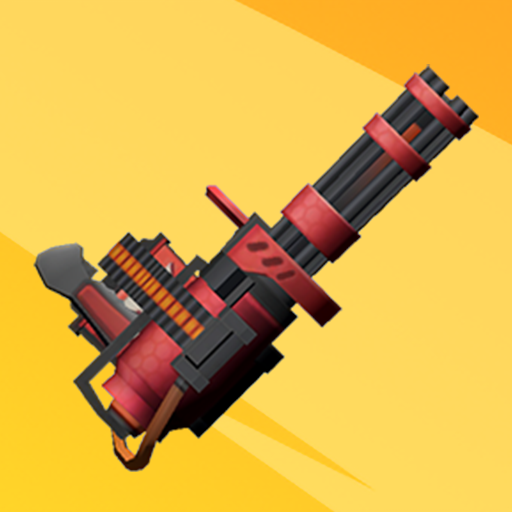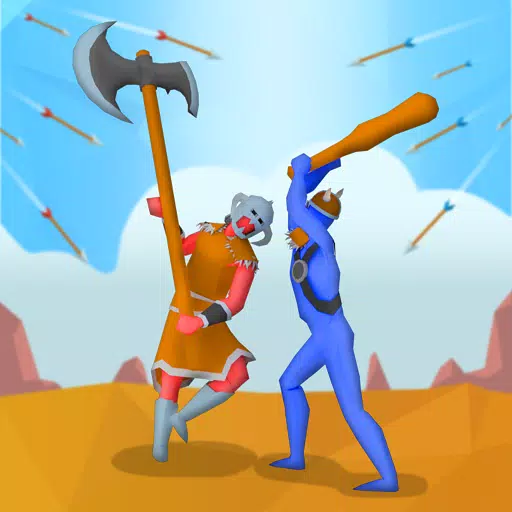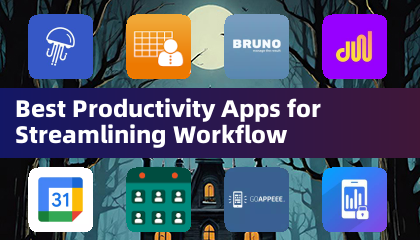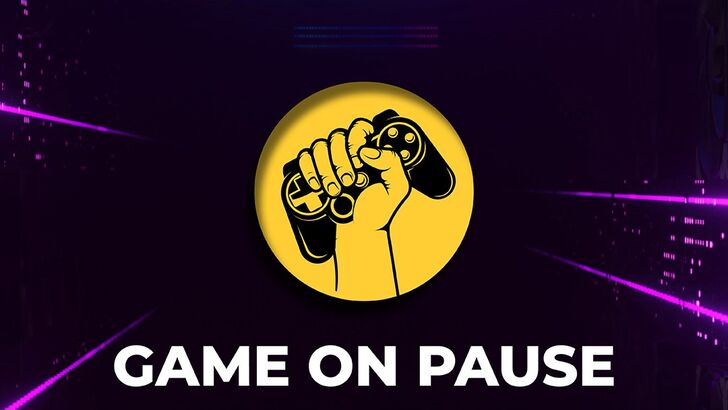 The video game industry faces potential upheaval as SAG-AFTRA, the union representing voice actors and performance artists, has authorized a strike against major game developers. This article explores the conflict over fair labor practices and the ethical implications of artificial intelligence in the industry.
The video game industry faces potential upheaval as SAG-AFTRA, the union representing voice actors and performance artists, has authorized a strike against major game developers. This article explores the conflict over fair labor practices and the ethical implications of artificial intelligence in the industry.
SAG-AFTRA Authorizes Strike Against Video Game Companies
SAG-AFTRA's Announcement
On July 20th, the SAG-AFTRA National Board unanimously authorized its National Executive Director & Chief Negotiator to call a strike if necessary. This action targets all services under the Interactive Media Agreement (IMA), halting work by all SAG-AFTRA members on affected projects. The central issue is securing strong AI protections for performers.
National Executive Director & Chief Negotiator Duncan Crabtree-Ireland underscored the union's resolve, stating that the 98%+ vote to authorize a strike reflects the members' commitment to securing a fair deal, especially regarding AI. He emphasized the importance of protecting the performers whose work is vital to the success of video games. The deadline for a resolution is fast approaching.
Key Issues and Industry Impact
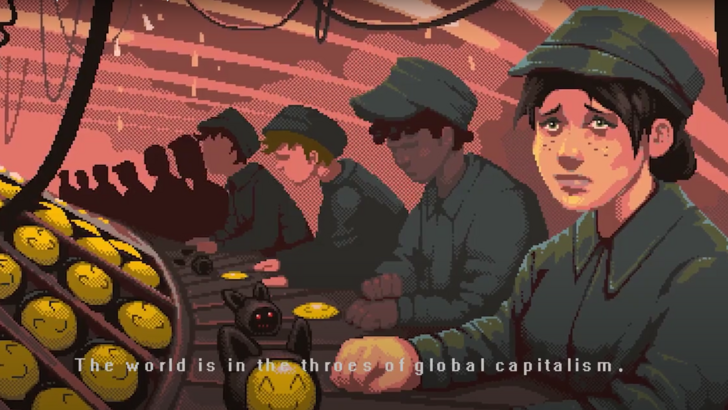 The potential strike stems from concerns over the unregulated use of AI in voice acting and performance capture. Currently, there are no safeguards to prevent AI replication of actors' likenesses without compensation or clear usage guidelines. Actors are seeking fair payment for their performances, and appropriate compensation when their likeness is used by AI.
The potential strike stems from concerns over the unregulated use of AI in voice acting and performance capture. Currently, there are no safeguards to prevent AI replication of actors' likenesses without compensation or clear usage guidelines. Actors are seeking fair payment for their performances, and appropriate compensation when their likeness is used by AI.
Beyond AI concerns, SAG-AFTRA is also demanding wage increases to match inflation (11% retroactively and 4% increases in subsequent years), improved on-set safety measures (including mandated rest periods, on-site medics for hazardous work, vocal stress protections, and eliminating stunt requirements in self-taped auditions).
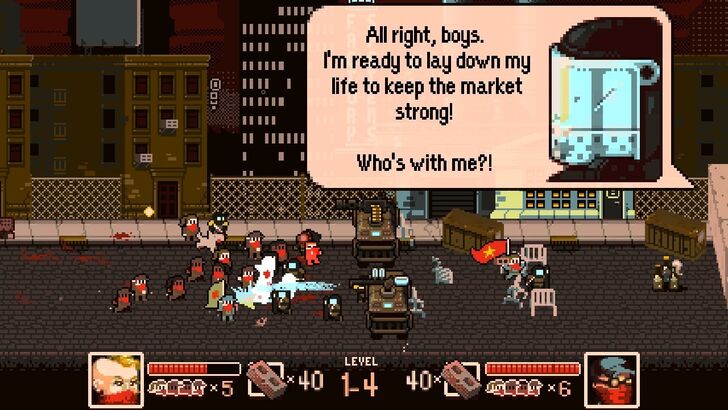 A strike could significantly impact video game production, although the full extent is uncertain. Unlike film and television, video game development is a lengthy process. While a strike may slow development, the effect on release dates remains unclear.
A strike could significantly impact video game production, although the full extent is uncertain. Unlike film and television, video game development is a lengthy process. While a strike may slow development, the effect on release dates remains unclear.
Companies Involved and Their Positions
The potential strike affects ten major companies:
⚫︎ Activision Productions Inc.
⚫︎ Blindlight LLC
⚫︎ Disney Character Voices Inc.
⚫︎ Electronic Arts Productions Inc.
⚫︎ Epic Games, Inc.
⚫︎ Formosa Interactive LLC
⚫︎ Insomniac Games Inc.
⚫︎ Take 2 Productions Inc.
⚫︎ VoiceWorks Productions Inc.
⚫︎ WB Games Inc.
Epic Games has publicly supported SAG-AFTRA's position, with CEO Tim Sweeney stating that game companies shouldn't have unrestricted rights to use voice recordings for AI training. Other companies haven't yet commented publicly.
Negotiation History and Background
 This dispute began in September 2023 when SAG-AFTRA sought member authorization for a strike before contract negotiations. The overwhelming support (98.32%) reflects the urgency of the issues. Negotiations have stalled, despite an extension of the previous contract (expired November 2022).
This dispute began in September 2023 when SAG-AFTRA sought member authorization for a strike before contract negotiations. The overwhelming support (98.32%) reflects the urgency of the issues. Negotiations have stalled, despite an extension of the previous contract (expired November 2022).
The current conflict echoes a 2016 strike lasting 340 days, which addressed similar issues like base pay, safety, and residuals. While that strike ended with a compromise, many members remained dissatisfied.
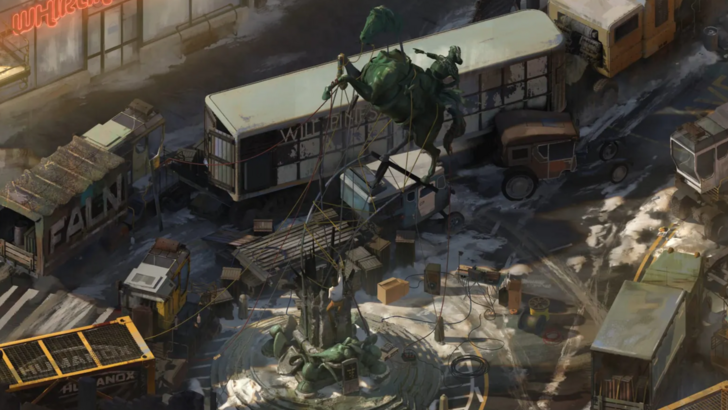 In January 2024, SAG-AFTRA faced criticism for a deal with Replica Studios, an AI voice provider. This agreement, allowing voice licensing to AI, fueled internal tension and heightened the stakes of the current negotiations.
In January 2024, SAG-AFTRA faced criticism for a deal with Replica Studios, an AI voice provider. This agreement, allowing voice licensing to AI, fueled internal tension and heightened the stakes of the current negotiations.
The authorization of this strike highlights the ongoing fight for fair labor practices in the gaming industry. The outcome will significantly impact AI's role in performance capture and the treatment of video game performers. The rapid advancement of AI necessitates strong protections for individuals, ensuring AI enhances, not replaces, human creativity. A swift resolution is crucial to address the union's concerns.







